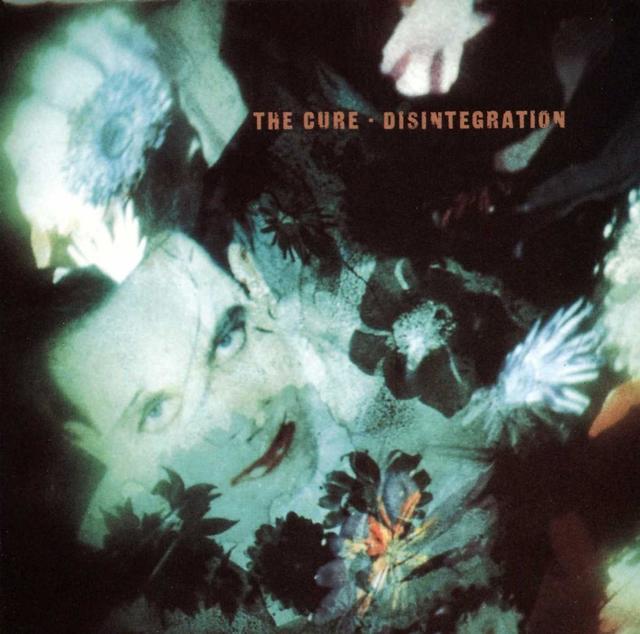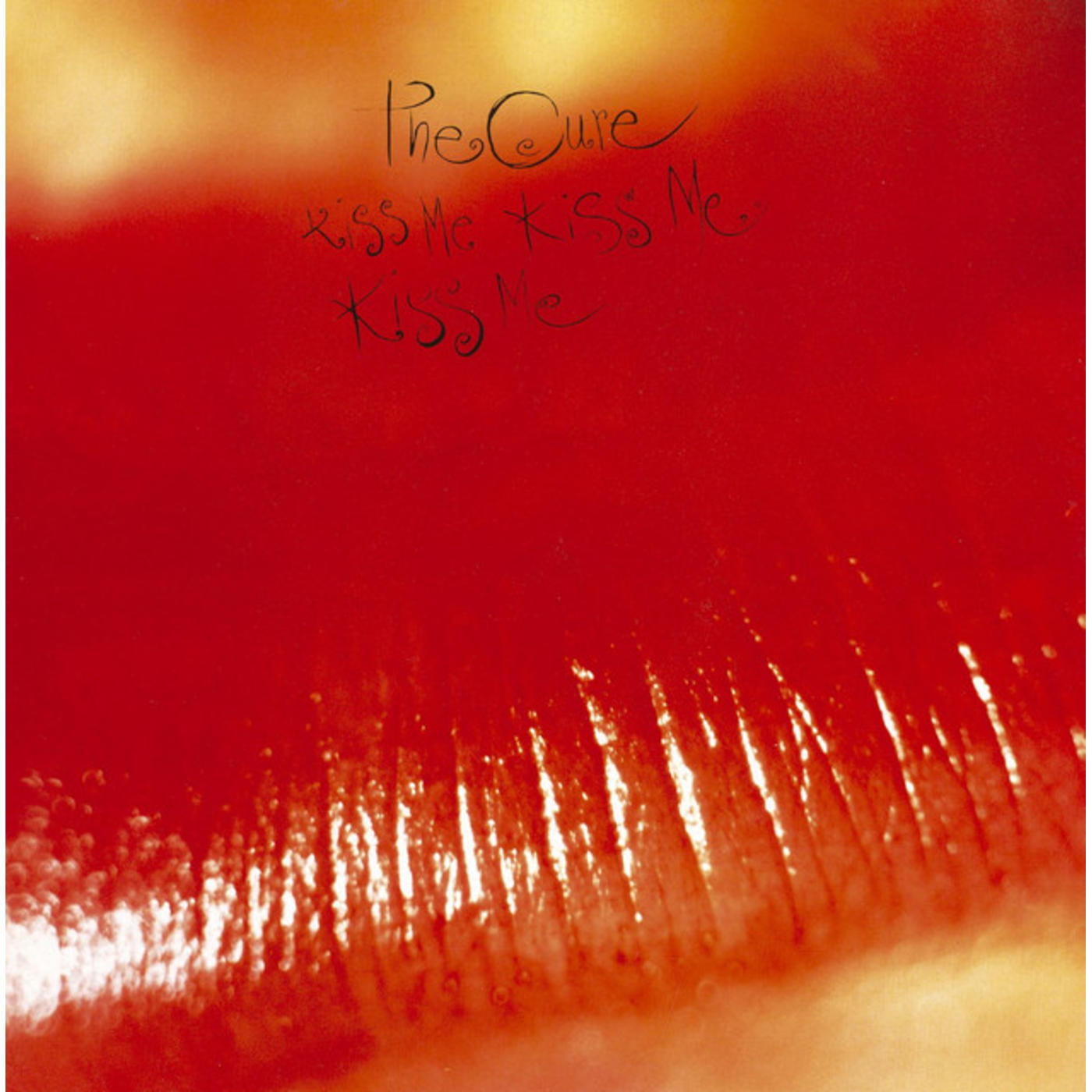May 1989: The Cure Release DISINTEGRATION

The year was 1988, and Robert Smith was going through an existential crisis.
"I was just pushing myself to see how far I could go. It was a big deal to me to be turning 30," the Cure singer and songwriter told Rolling Stone in 2019. "I thought, 'This is it. This is my last chance to create something really meaningful in my life.' And then, looking back, I was a bit of a prickly character in some respects and maybe a bit difficult, more difficult than perhaps I should have been. But I was very, very focused and very single-minded. So I didn't really bother listening to what anyone else thought was good or wasn't good, which is one of those weird things. If it works, it's great, and if it doesn't, it's a really stupid way of doing things. But I just had great self-confidence in what I wanted to do with that particular album."
The album in question is Disintegration, the Cure's legendary eighth studio album. Released May 2, 1989, the record was a global success, peaking at #12 on the Billboard 200. Disintegration spun off a series of hit singles, including "Lovesong," which peaked at #2 on the Hot 100 for the week of October 21, 1989. The song that blocked Smith and company from #1: Janet Jackson's "Miss You Much." The LP's other singles: "Lullaby," "Fascination Street," and "Pictures of You").
"Lovesong" has proven to be possibly the band's most widely regarded song, covered by a range of artists including 311, Tori Amos, Death Cab for Cutie and Adele: "Although I've always said I wrote it as a wedding present for Mary, it's a bit of a steal really, since Simon (Gallup) wrote the bass line," Smith revealed. "I was trying to put in one or two beacons of light in amongst the darkness, and 'Lovesong' is one of them," he added in regards to the track's placement on Disintegration.
"When people cover a song, it's a great thing. It doesn't really matter whether you like it or not. It's really nice that other artists — I think the same when I cover someone," Smith continued about the tune's popularity among other artists. "I'm covering it because I like the song. I'm not doing it because I think it was going to be a hit."
Smith was pragmatic about the high regard for Disintegration among fans of the Cure, recalling a during remastering sessions in 2010, the first time he'd listened to the entire record since its release.
"At that point I thought, 'Yeah, I get now why people were drawn into it.' It's a really nice balance of big and small in a funny way. It manages to hang together in a way that on paper it really shouldn't. And when we played it through earlier this year, when we were rehearsing it, I kind of felt that again. I sort of remembered. I thought, 'Yeah, it's actually really cleverly put together. I kind of knew what I was doing briefly.'"

